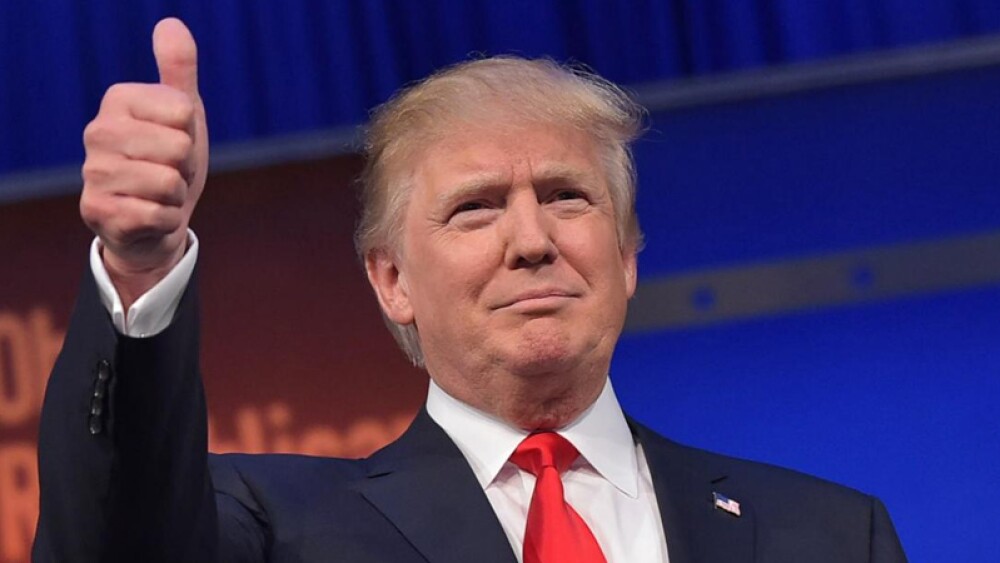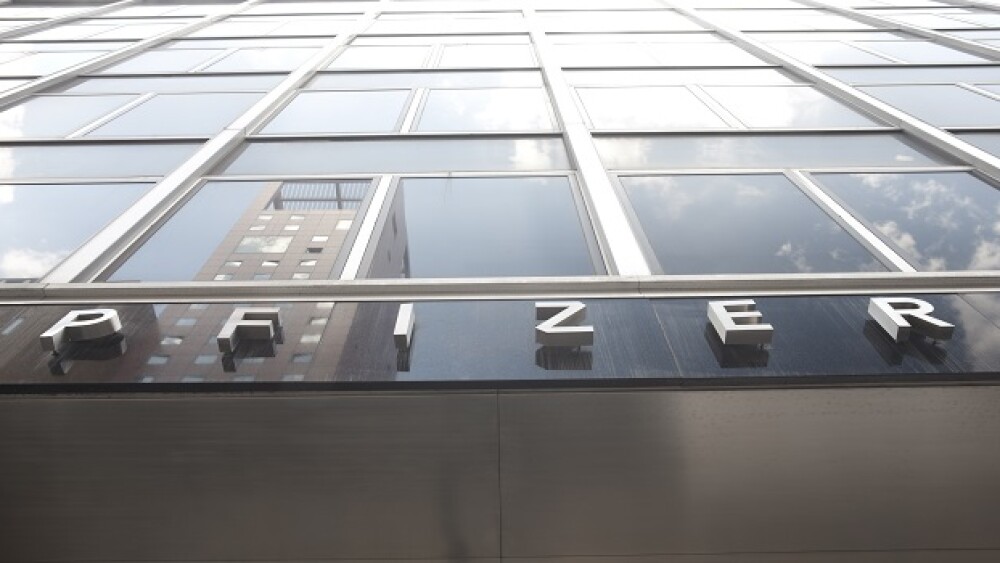November 17, 2016
By Renee Morad, BioSpace.com Breaking News Staff
Taxes were a heated issue during this year’s presidential election, and now, as President-elect Donald Trump rolls out his proposed tax plan, promising the largest tax cuts since Ronald Reagan, opinions about Americans’ obligations to pay Uncle Sam continue to mount. Part of Trump’s proposal includes slashing corporate taxes from 35% to 15%, which has prompted some to take a closer look at what many of America’s largest corporations are currently paying in taxes.
Personal finance website WalletHub ranked the corporate tax rates of companies in the S&P 100 in 2015 by delving into those companies’ annual reports. In contrast to the 35% federal statutory corporate tax rate in America, the companies at the lower end of the list are paying an average rate of 28% annually, which includes federal, state and international taxes. There’s also a big pharmaceutical presence, with eight out of 18 companies on the list in the pharma or biotech industries.
Among all pharma and biotech companies, Amgen paid the lowest in taxes in2015, at 13%. As a biotechnology pioneer since 1980, Amgen, headquartered in Thousand Oaks, Calif., operates in 100 countries and focuses on therapeutic areas that include oncology/hematology, cardiovascular disease, inflammation, bone health, nephrology and neuroscience.
Eli Lilly & Co. wasn’t far behind with a low tax rate of 13.7%. Next were Gilead Sciences at 16.4% and Merck & Co. , at 17.4%. Other companies included Abbott Laboratories , at 18.1%, Johnson & Johnson , at 19.7%, Celgene , at 20.8%, and Bristol-Myers Squibb , at 21.5%.
It comes as no surprise that many pharma companies are reported as paying the lowest overall tax rates, particularly since the industry is modeled in a unique way that is especially conducive to allowing companies to have operations in different parts of the world, says John Mezzanotte, partner-in-charge of the Greenwich, Conn. office of public accounting and advisory services firm Marcum LLP. “Moves to operate in various countries can be driven and motivated by low tax jurisdictions,” he explains.
According to Evercore ISI analyst John Scotti, as reported in BioPharmaDrive, Amgen has approximately $34 billion overseas and Gilead has about $25 billion offshore. Other companies like Bristol-Myers Squibb, Eli Lilly & Co. and Celgene each have less than $10 billion in foreign capital, according to the article.
Mezzanotte adds that a lot of jobs that go into the manufacturing of drugs, along with marketing and administrative services, have moved offshore, contributing to the loss of U.S.-based jobs. Furthermore, some U.S-based pharma companies are at a big disadvantage to overseas peers, since the significant revenue they’re generating overseas can’t be brought back into the U.S. without paying high taxes on it. Sure, the Cayman Islands and Ireland, with low tax rates, may seem particularly appealing to the pharma industry, but using inversions to embark on serial acquisition sprees present an increasingly complex financial puzzle for some pharma companies to piece together.
What can we expect in the months and years ahead? WalletHub analyst Jill Gonzalez says Trump wants to discourage inversion through taxation in order to grow the economy and proposed the top corporate rate to be 15%, a much lower rate than what most companies pay now. He also wants to repeal deferral when it comes to the taxation of future foreign earnings and impose a 10% mandatory tax on untaxed accumulated foreign earnings, Gonzalez says. “Companies could end up paying lower federal tax rates and the taxation on foreign incomes could discourage companies to outsource their product-making services,” she adds.
While many things remain up for question, one thing’s certain: Gonzalez says Trump’s moves will impact corporate taxes regardless of the type of industry. And while pharma is high on the list of tax-avoiding companies, some companies in other industries are paying even lower taxes, including Twenty-First Century Fox (12.6%), Mondelez International (7.5%) and Chevron (2.7%). The company paying the lowest taxes across all industries, based on WalletHub’s report, is General Motors Company, at -34.3% – due to a large refund.
Indeed, companies paying the least in taxes aren’t limited to big pharma, though the industry’s large presence is undeniable.





